Take care of your car in the garage, and the car will take care of you on the road.
This saying speaks volumes about the importance of proper vehicle care. In today's advanced world, vehicle storage plays a crucial role in keeping cars, RVs, boats, and motorcycles safe when they're not in use.
Did you know that the United States has over 285 million registered vehicles, yet not everyone has the luxury of extra garage space or the perfect spot to park?
That’s why vehicle storage is a lifesaver.
It offers a range of solutions according to every need, from securing your weekend convertible to housing your family’s RV during the off-season.
But here’s the thing—choosing the right vehicle storage isn't just about parking your car somewhere. It’s about protecting your investment.
Did you know that leaving a car exposed to the elements can decrease its lifespan by up to 25%?
Harsh weather, temperature fluctuations, and even pests can wreak havoc on your vehicle.
Let's not forget about security—vehicle theft in the U.S. has increased by 12% in recent years. That’s why it is essential to consider secure vehicle storage options.
So, if you are storing a boat during the winter, finding RV storage options after a summer road trip, or simply looking for affordable vehicle storage this blog will give you everything you need to know.
Why Consider Vehicle Storage?
You might be wondering, "Why should I even bother with vehicle storage when I can just leave my car in the driveway or park it on the street?"
Well, let us tell you, there are some solid reasons why vehicle storage is more than just a convenience.
Protects Your Vehicle from Weather Damage
Did you know that prolonged exposure to harsh weather, like snow, rain, or the scorching sun, can cause significant damage to your vehicle?
Sun exposure can fade your car's paint and damage its interior, while cold temperatures can crack tires and harm the battery.
A study shows that paint damage from UV exposure can reduce a vehicle's resale value by up to 10-15%.
Prevents Theft and Vandalism
Vehicle theft is on the rise in the U.S., with over 810,000 cars stolen in the previous year.
Parking on the street or in unsecured areas makes your car an easy target for thieves and vandals.
Many storage facilities offer secure car storage units equipped with 24/7 surveillance and alarm systems.
It’s peace of mind you can’t put a price on.
Maximizes Space at Home
Not everyone has a spacious garage or driveway.
By using affordable vehicle storage, you free up valuable space at home for other activities or projects.
Prepares You for Seasonal Changes
Many vehicles, like boats and RVs, are seasonal by nature.
Who needs an RV taking up your driveway during the winter, or a boat sitting idle in your yard all summer?
Many facilities offer RV storage options and boat storage facilities, which allow you to keep your seasonal vehicles safe and ready for use.
Maintains Your Vehicle’s Value
Proper storage keeps your vehicle in tip-top shape, which protects its resale value.
For instance, long-term exposure to the elements or pests can lead to rust, corrosion, or interior damage.
According to Kelley Blue Book, vehicles that are well-maintained and protected can retain up to 20% more value when sold.
And if you follow long-term vehicle storage tips, like keeping your car in a secure, climate-controlled unit, you can save money in the long run.
Types of Vehicle Storage
When it comes to vehicle storage, you have options, lots of them!
Outdoor Vehicle Storage
This is the most straightforward and the most affordable option.
Outdoor storage means parking your car, RV, or boat in an open lot.
Who It’s Best For: If you are looking for affordable vehicle storage and don’t mind your vehicle being exposed to the elements, this is a great choice.
Consider This: It’s cost-effective, but you’ll need to consider weather exposure—sun, rain, or snow.
Indoor Vehicle Storage
This is the gold standard of storage options.
Your vehicle is kept in a fully enclosed space, like a garage or a storage unit.
Who It’s Best For: If you own a classic car, a luxury vehicle, or even a boat, this is your go-to. Indoor storage offers the highest level of protection.
Consider This: It’s pricier, but you get what you pay for: complete protection from weather, pests, and theft.
Covered Vehicle Storage
You can think of this as a step up from outdoor storage. Your vehicle is parked in an open lot but under a canopy or roof.
Who It’s Best For: People who want some protection without paying for indoor storage. It’s great for cars and motorcycles that need basic shielding from rain and UV rays.
Consider This: While it protects against the sun and precipitation, it doesn’t fully block out dust, debris, or temperature fluctuations.
Specialized Storage for RVs and Boats
Not every storage facility is equipped to handle larger vehicles like RVs or boats.
Luckily, there are RV storage options and boat storage facilities designed just for these types of vehicles.
Who It’s Best For: If you have got an RV or boat that only gets seasonal use, this is perfect.
Many facilities even offer perks like dump stations, electrical hookups, or dry-stack boat storage.
Consider This: These spaces can be indoor, covered, or outdoor—so you can pick the level of protection based on your budget and needs.
Climate-Controlled Vehicle Storage
This is like VIP treatment for your vehicle.
These units maintain a consistent temperature and humidity level to prevent damage.
Who It’s Best For: Classic cars, vintage motorcycles, or vehicles with delicate interiors that can be damaged by extreme temperatures or moisture.
Consider This: It’s the priciest option on the list, but it’s invaluable if you are storing something irreplaceable or highly sensitive.
How to Prepare Your Vehicle for Storage
Proper preparation allows your vehicle to remain in top condition during its stay:
Clean Thoroughly: Wash and wax the exterior to protect the paint. Clean the interior to prevent mold and pests.
Maintenance: Change the oil, top off fluids, and inflate tires to the recommended pressure.
Battery Care: Disconnect the battery or use a trickle charger to maintain its charge.
Fuel Stabilization: Add a fuel stabilizer to prevent the gas from deteriorating, especially for long-term storage.
Covering: Even in indoor units, using a breathable cover can offer an extra layer of protection.
How to Choose the Perfect Vehicle Storage Option
You must be thinking, "How can I choose the right vehicle storage option and what should I look for before finalizing a storage option?"
Let's break it down some steps.
Determine Your Vehicle's Dimensions
First things first, let's figure out the size of your vehicle.
This will help you choose a storage unit that fits just right. Here's a quick reference:
| Vehicle Type | Average Dimensions (L x W x H) | Recommended Storage Unit Size |
|---|---|---|
| Motorcycle | 7 ft x 3 ft x 4 ft | 5x10 or 10x10 |
| Compact Car | 14 ft x 5.5 ft x 5 ft | 10x15 |
| Sedan | 15-16 ft x 6 ft x 5 ft | 10x20 |
| SUV/Truck | 18-20 ft x 6.5 ft x 6 ft | 10x25 |
| RV (Class B/C) | 20-30 ft x 8 ft x 10 ft | 10x30 or larger |
| Boat (with trailer) | 20-30 ft x 8 ft x 10 ft | 10x30 or larger |
Note: Always measure your vehicle, including any attachments like mirrors or trailers, to get a proper fit.
Decide the Type of Storage
Next, think about how much protection your vehicle needs:
Outdoor Storage is great for larger vehicles like RVs and boats. It's cost-effective, but it exposes your vehicle to the elements.
Covered Storage: It offers a roof over your vehicle and provides some protection from sun and rain.
Indoor Storage: It provides the highest protection from weather and potential theft.
Check Climate Control Options
If you are storing a vehicle that's sensitive to temperature and humidity changes, like a classic car or a luxury vehicle, climate-controlled storage can be a smart choice.
It helps prevent issues like rust, mold, and interior damage.
Evaluate Security Features
You want peace of mind knowing your vehicle is safe. Look for facilities that offer:
24/7 Surveillance
Gated Access
On-Site Staff
Accessibility
Think about how often you'll need to access your vehicle:
Frequent Access: Choose a facility with extended hours or 24/7 access.
Infrequent Access: Standard business hours might suffice, potentially saving you some money.
Location
Proximity matters. A facility closer to your home or work is convenient, but sometimes, a slightly farther location offers better rates or features.
You can also search "outdoor vehicle storage near me" to find storage options near you.
How Much Does Vehicle Storage Cost?
It's essential to understand that prices can depend on several factors. Let’s break it down for you so you have a clear picture.
Average Monthly Costs by Storage Type
Here's a general breakdown of average monthly costs based on the type of storage:
| Storage Type | Average Monthly Cost (USD) |
|---|---|
| Outdoor Storage | $50 - $150 |
| Covered Storage | $100 - $300 |
| Indoor Storage | $150 - $450 |
| Climate-Controlled Indoor | $200 - $500 |
Note: These are approximate ranges and can vary based on location and facility.
Cost by Vehicle Size
Different vehicles require different storage unit sizes, which affects the cost. Here's a table to give you an idea:
| Vehicle Type | Recommended Storage Unit Size | Average Monthly Cost (USD) |
|---|---|---|
| Motorcycle | 5x10 or 10x10 | $50 - $100 |
| Compact Car | 10x15 | $100 - $200 |
| Sedan | 10x20 | $150 - $250 |
| SUV/Truck | 10x25 | $200 - $300 |
| RV (Class B/C) | 10x30 or larger | $300 - $450 |
| Boat (with trailer) | 10x30 or larger | $300 - $450 |
Additional Costs to Consider
Beyond the base monthly fee, there are other potential costs:
Security Deposits: Some facilities require a deposit, which is refundable upon contract completion.
Insurance: While some facilities include basic insurance, you might need additional coverage, especially for high-value vehicles.
Access Fees: Certain facilities charge for 24/7 access or after-hours access.
Administrative Fees: One-time setup or processing fees when you first rent the unit.
Tips to Manage Costs
Follow these tips to save big on vehicle storage costs.
Shop Around: Prices can vary between facilities, so it's worth comparing.
Consider Location: Sometimes, facilities a bit farther from urban centers offer better rates.
Negotiate: Especially for long-term storage, don't hesitate to ask for discounts.
Assess Your Needs: Only pay for amenities you truly need. For instance, if your vehicle isn't sensitive to temperature changes, you might skip climate control.
















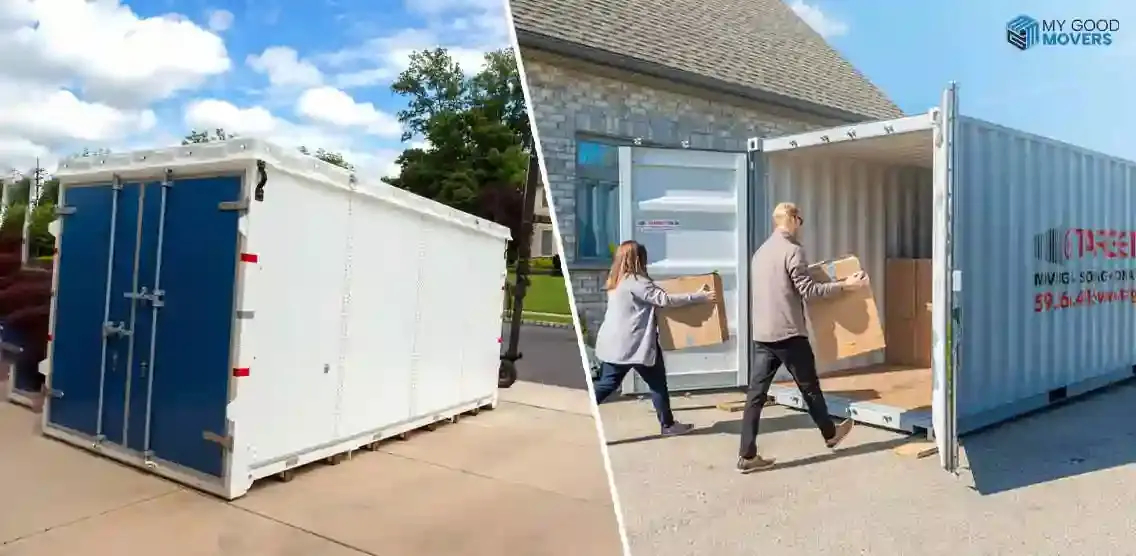
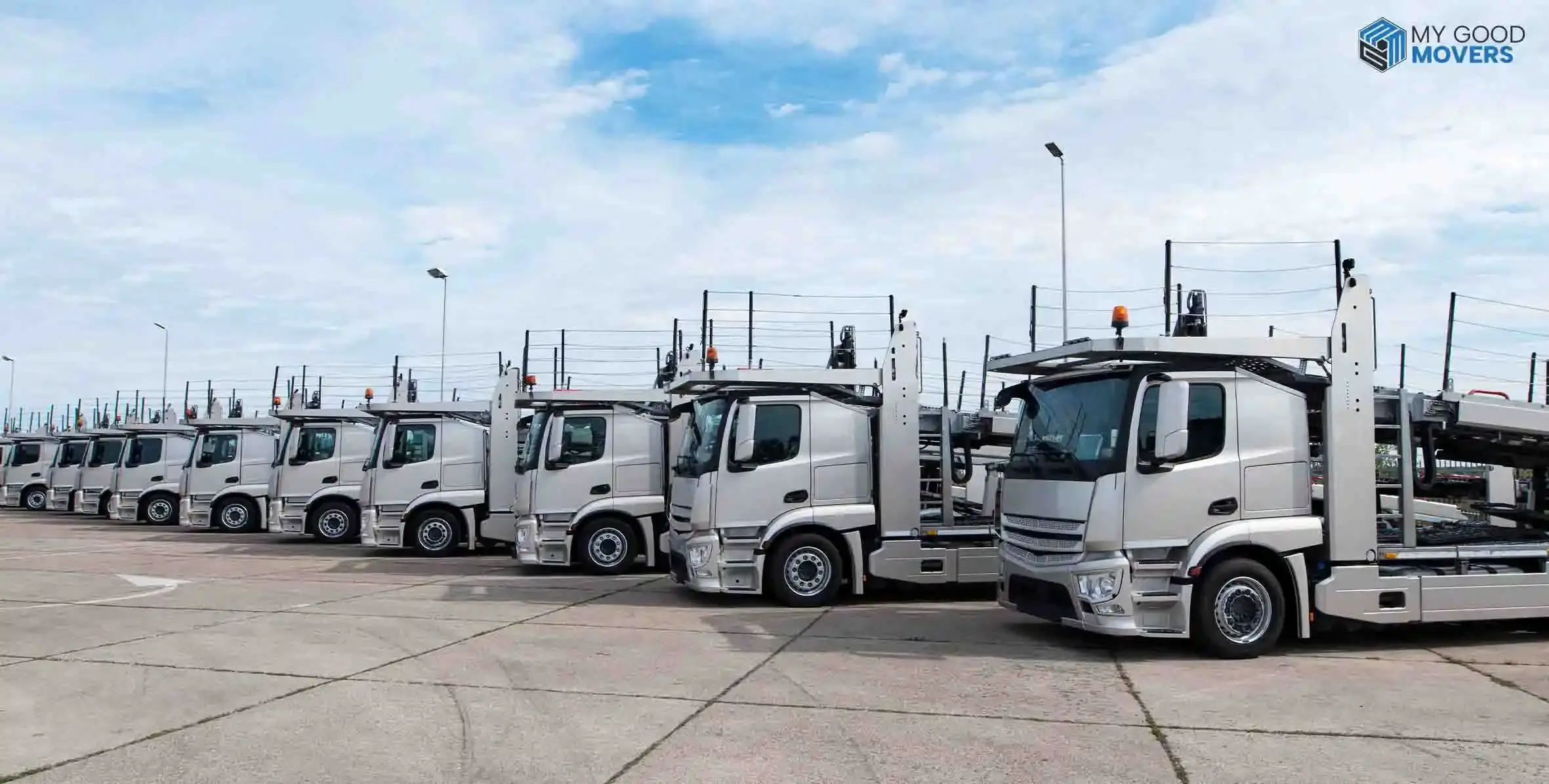







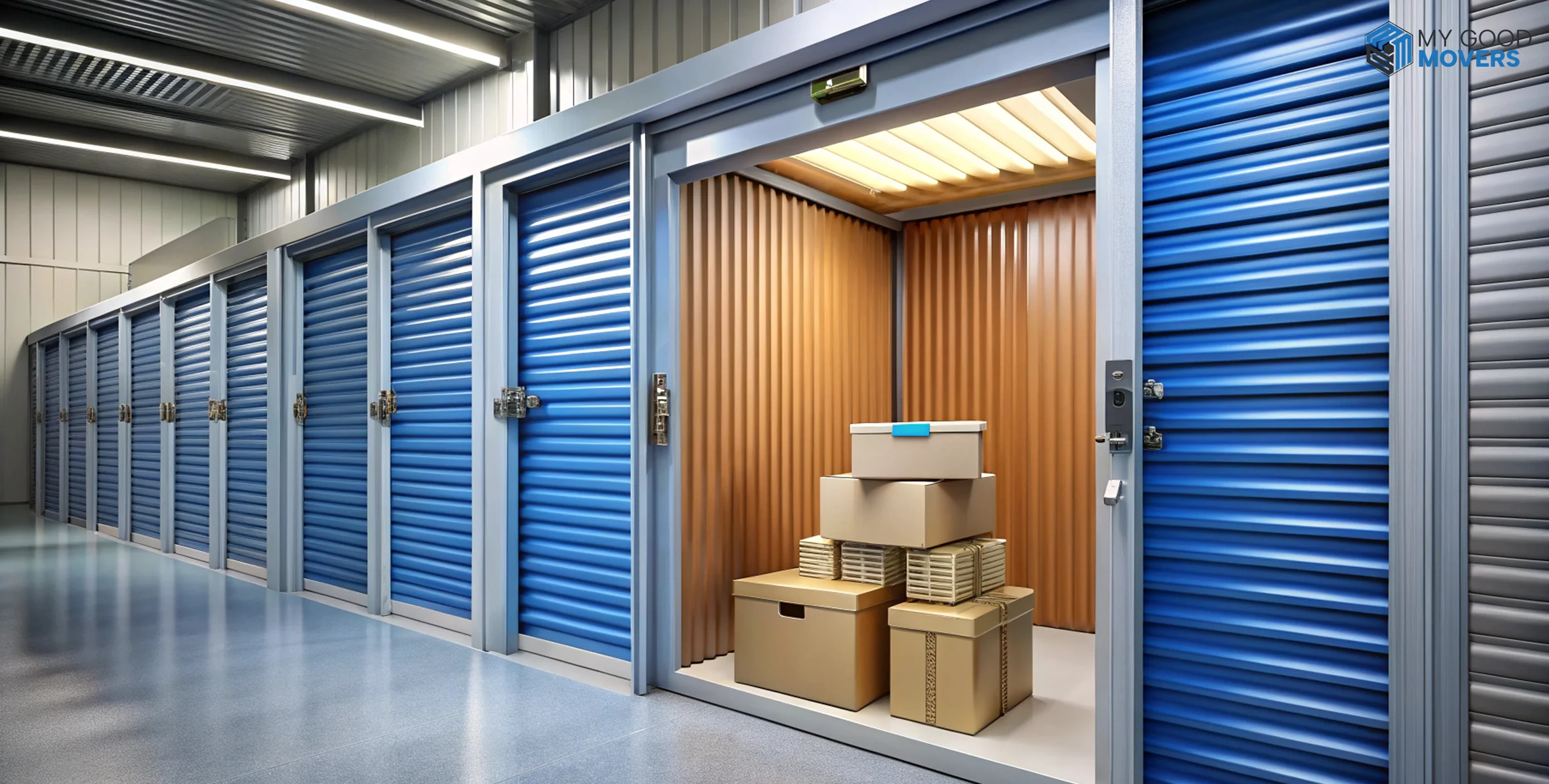
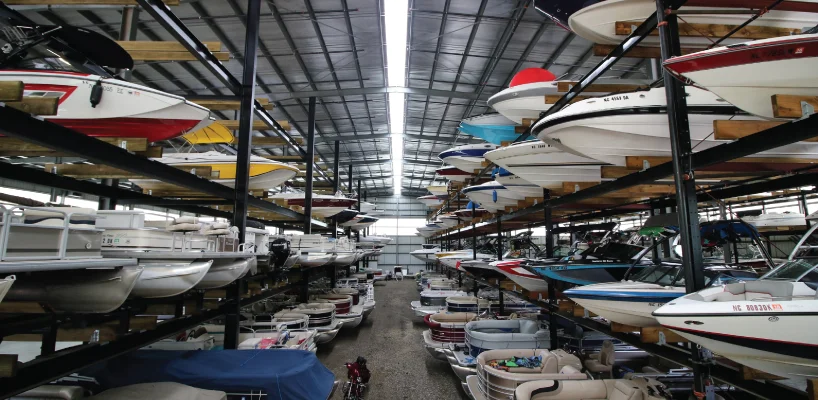


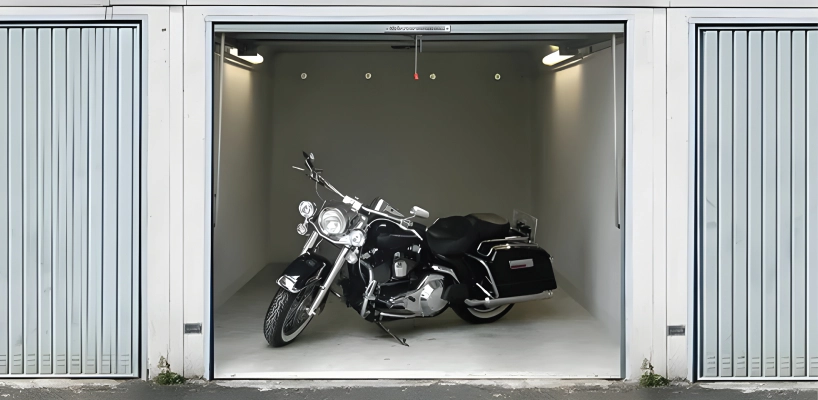

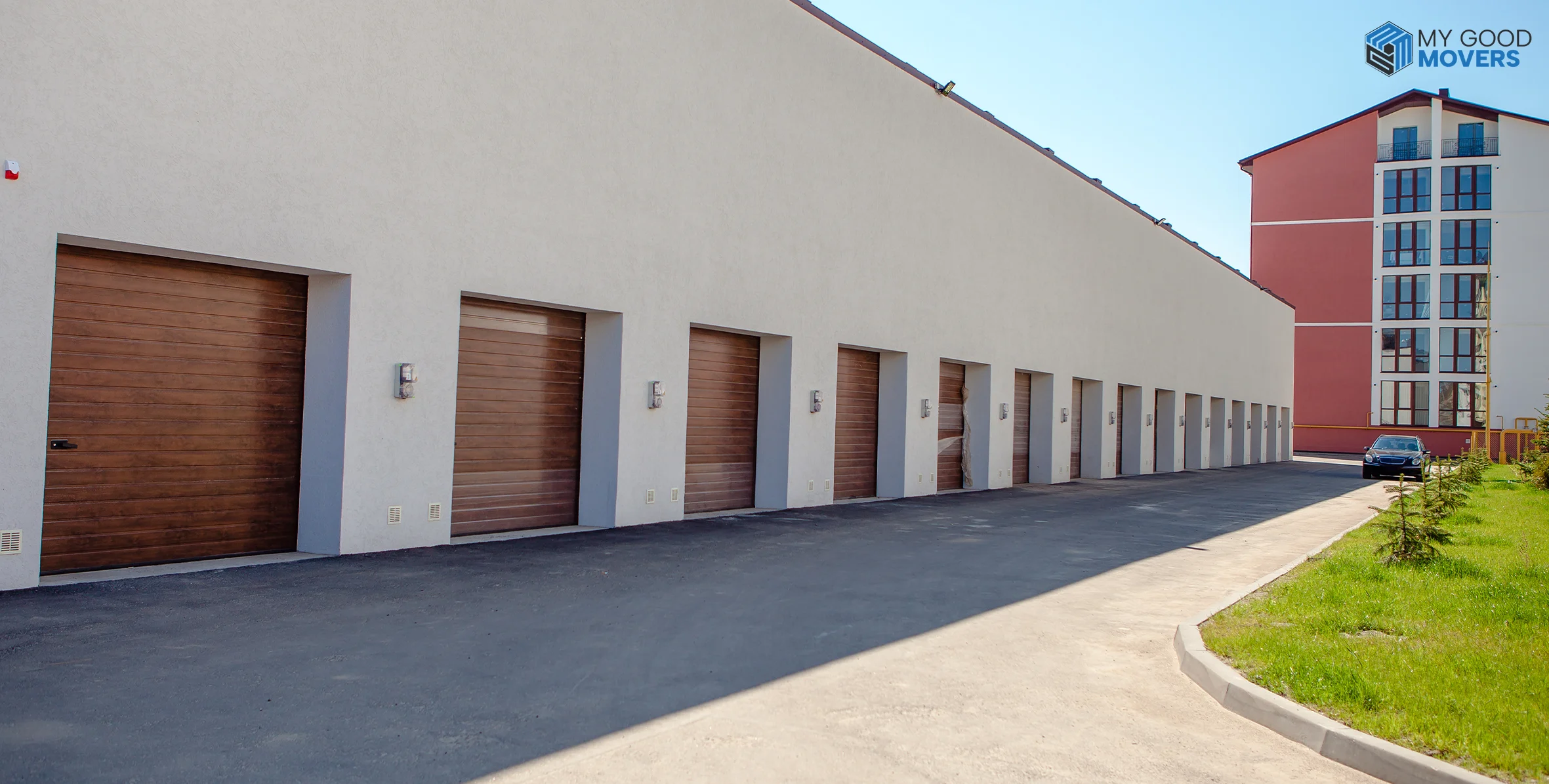



 (239) 799–6077
(239) 799–6077